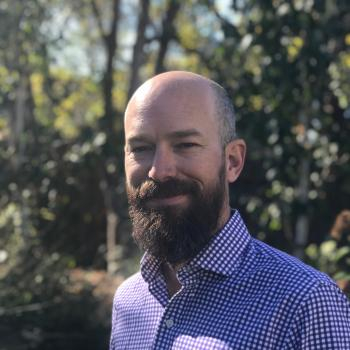Domingue, B. W., Braginsky, M., Caffrey-Maffei, L., Gilbert, J. B., Kanopka, K., Kapoor, R., … Frank, M. C. (2025). An introduction to the Item Response Warehouse (IRW): A resource for enhancing data usage in psychometrics. Behavior Research Methods, 57(10), 276.
Gilbert, J. B., Himmelsbach, Z., Soland, J., Joshi, M., & Domingue, B. W. (2025). Estimating heterogeneous treatment effects with item-level outcome data: Insights from Item Response Theory. JOURNAL OF POLICY ANALYSIS AND MANAGEMENT.
Domingue, B. W., Kanopka, K., Kapoor, R., Pohl, S., Chalmers, R. P., Rahal, C., & Rhemtulla, M. (2024). The InterModel Vigorish as a Lens for Understanding (and Quantifying) the Value of Item Response Models for Dichotomously Coded Items. Psychometrika, 89(3), 1034–1054.

